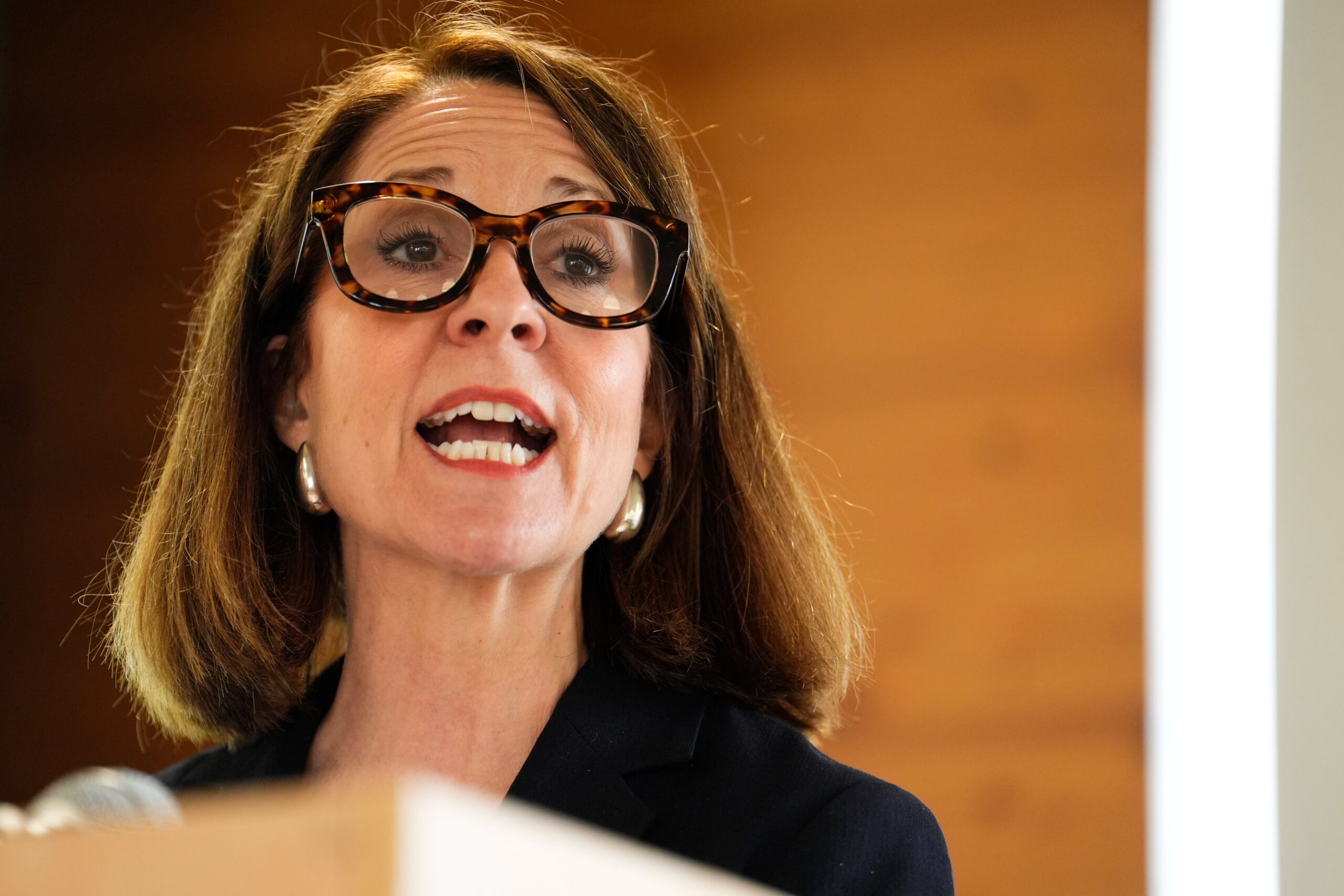Earlier this week, Labour minister Liz Kendall confirmed that the government is set to carry out a review of the UK’s state pension age.
Currently set at 66, and rising to 67 by 2028, this is the age at which a person is able to retire from work and receive the government-funded state pension.
Anyone who retires before this will only be able to draw from savings and private pension pots, which generally have a lower permitted access age of 55.
Governments are legally required to carry out a review of the state pension age every six years. The last one concluded in 2023, while this one is due to finish in 2029.

Overseen by Dr Suzy Morrissey, deputy director of the Pensions Policy Institute, the review will look into whether the current age is still appropriate based on factors such as life expectancy and economic impacts.
Announcing the review and new Pensions Commission, the work and pensions minister said: “Just because pensioner poverty has fallen does not mean all the problems have gone away. Far from it.
“Only 1 in 5 of the self-employed are saving into a private pension– down from half in the late 1990s – meaning over 3 million self-employed people currently aren’t saving anything at all for their retirement.”
Here’s what the review could mean for the UK’s future pensioners:
How could Labour raise the state pension age?
Following the announcement, speculation has grown about what the government might bring the state pension age up to, and when.
Several economists have called for Labour to look at tweaking the long-standing triple lock commitment, pointing out that the state pension is set to cost the exchequer £138bn in 2024/25.
The guarantee means the state pension increases year-on-year by the highest of three measures: inflation, average wage growth, or 2.5 per cent.
Ms Kendall told reporters that keeping the policy in place “non negotiable,” with changes “out of scope for this review.”

This could cause a headache for policymakers, with several economists pointing out that the massive spending on the triple lock means unprecedented rises in the state pension age may become necessary.
Research from the respected Institute for Fiscal Studies (IFS) from earlier in July found that keeping public spending on the state pension below six per cent while retaining the triple lock would require the state pension age to rise to 69 by 2049, and 74 by 2069.
Its recommendations for the pensions review include phasing out the triple-lock, and moving to a model similar to Australia where the state pension is linked to inflation only, similar to how most benefits are uprated annually.
The impacts of later retirement
But a key issue with looking to raise the state pension age to control spending is the impact on economic and health inequality. While the IFS says the state pension age should continue to increase as people live longer, it should not necessarily rise at the exact same rate.
Its report explains that “rising state pension ages have substantially pushed up the risk of income poverty among those in their mid 60s,” adding that “relying only on raising the state pension age to rein in spending would hit those with lower life expectancy – disproportionately including many on lower incomes – harder.”
This mirrors concerns raised later in July by the Work and Pensions Committee in its recent report on pensioner poverty. The cross-party group of MPs found that “people living in the most deprived areas of the country have lower life expectancy and lower healthy life expectancy than people in less deprived areas.

“Increases in the State Pension age have a disproportionate impact on them: they receive it for a shorter amount of time,” it added.
Official statistics show that in some parts of the country, life expectancy is only a few years above the state pension age. Ongoing issues in the healthcare system mean this is only likely to become more stark with any future increase.
The area with the lowest life expectancy for men is Blackpool, at 73.4, while Manchester is next at 74.8. This means some pensioners may only be able to claim the state pension for seven or eight years, despite making the same necessary contributions through work.
Further criticism has also come from union bosses, with Rail, Maritime and Transport (RMT) union boss Eddie Dempsey saying members would likely protest against a rise in the state pension age.
In face of the mounting challenges, it’s unlikely the upcoming review will recommend any radical increase to the state pension age.
One possibility is that the plan to raise the retirement age to 68 could be brought forward, with the previous pensions review recommending it happen between 2037 and 2039, rather than 2044 and 2046. While the government at the time accepted this proposal, it did not act on it.
